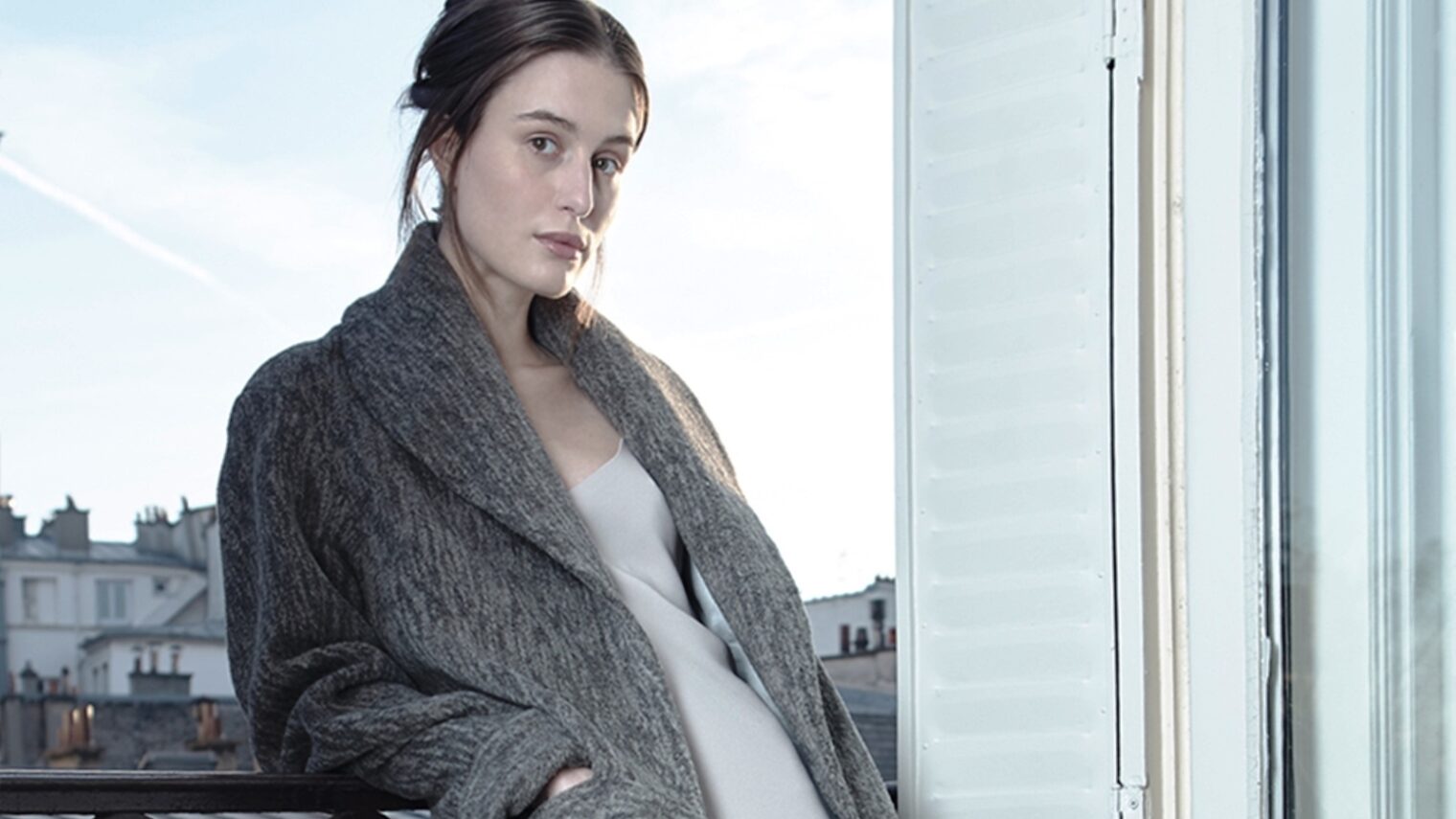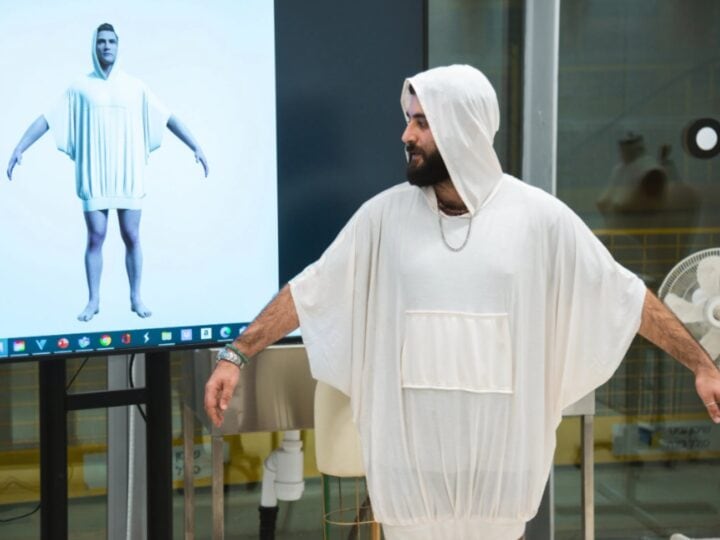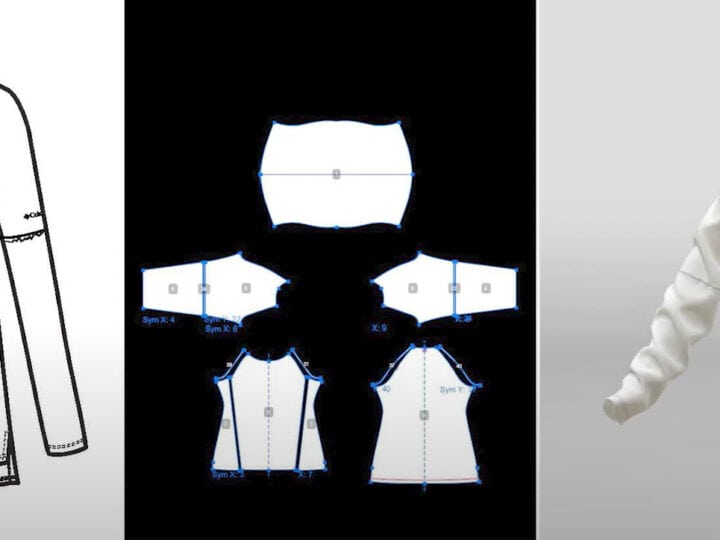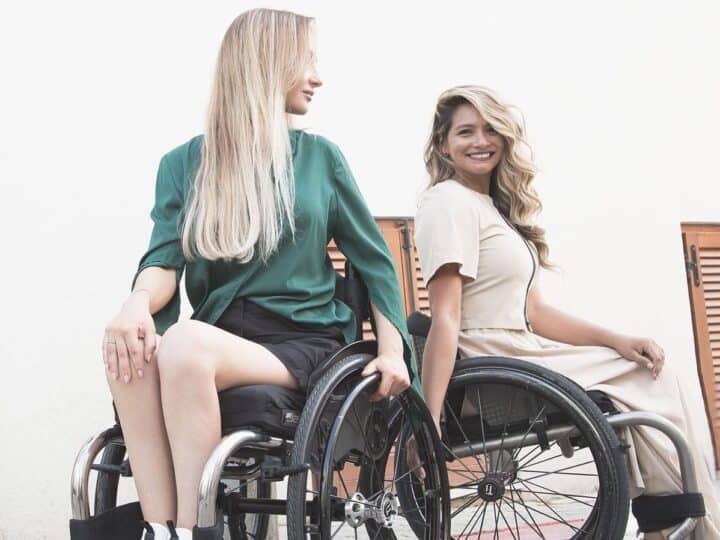Eight up-and-coming Israeli designers showcased their designs for the first time in New York at Beged (Hebrew for “clothing”), a pop-up retail experience in the hip Manhattan neighborhood of SoHo for one week in December.
The shop introduced a unique selection of clothing and accessories from Israel in an interactive, museum-like way focused on telling the stories of the participating designers hailing from Tel Aviv, Haifa and Jerusalem.
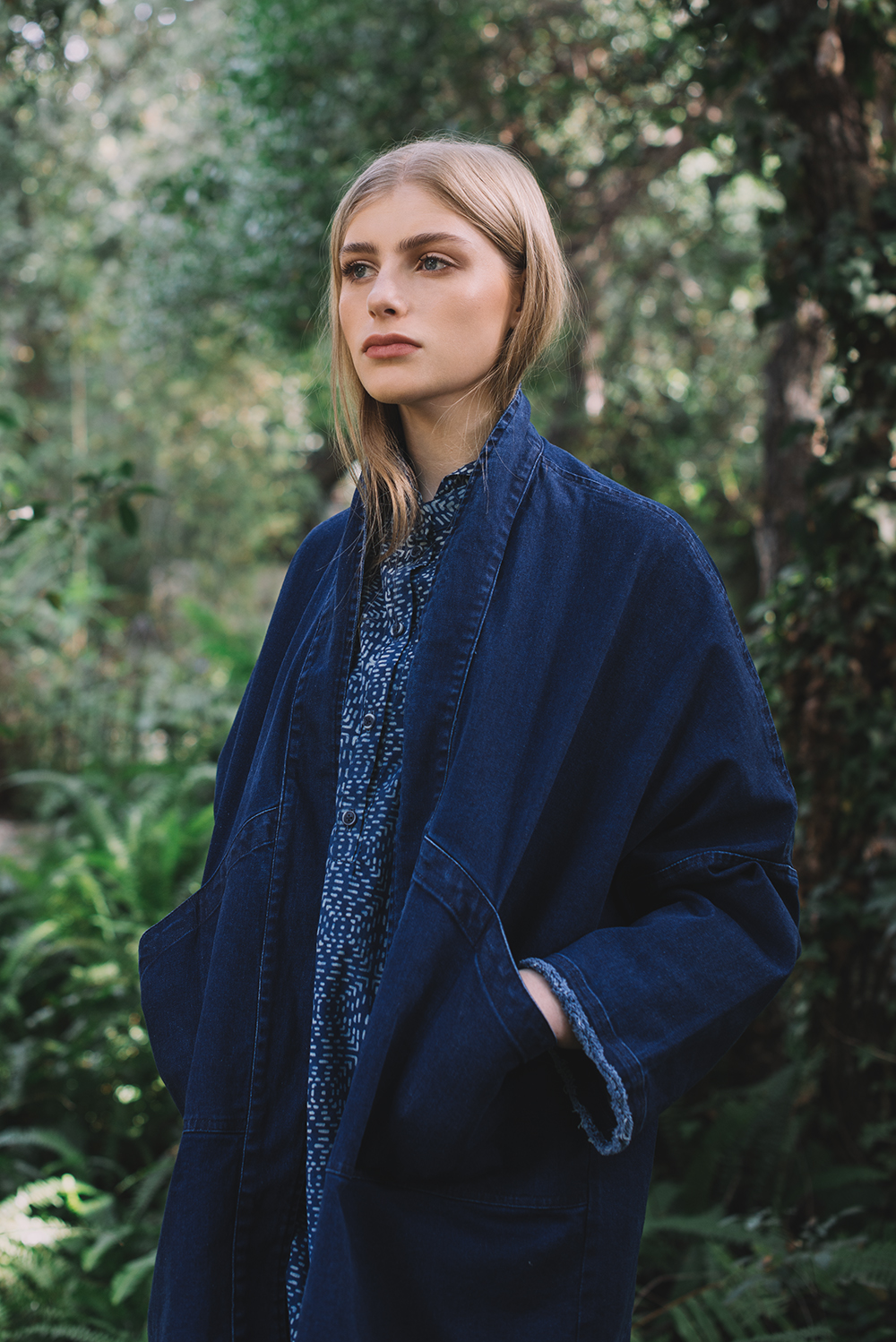
“I have to believe that people in New York are interested in ‘the other’ and things they don’t know about,” said the pop-up’s founder, Esther Levy Chehebar, a freelance writer whose bylines appear in Man Repeller, Glamour and Tablet. “Here [at Beged] you’re not just buying a piece of clothing – you can actually read about how it was made, who it was made by, and why it was made.”
Each designer was represented by an individual installation within the shop featuring a few styles carefully curated by Chehebar.
Though in time for holiday shopping, the selection spanned the seasons, including a cashmere coat by Maya Reik’s Marei 1998 label alongside Kimka’s ’70s-inspired silk mini dress and lightweight denim kimonos by Kim Dror.
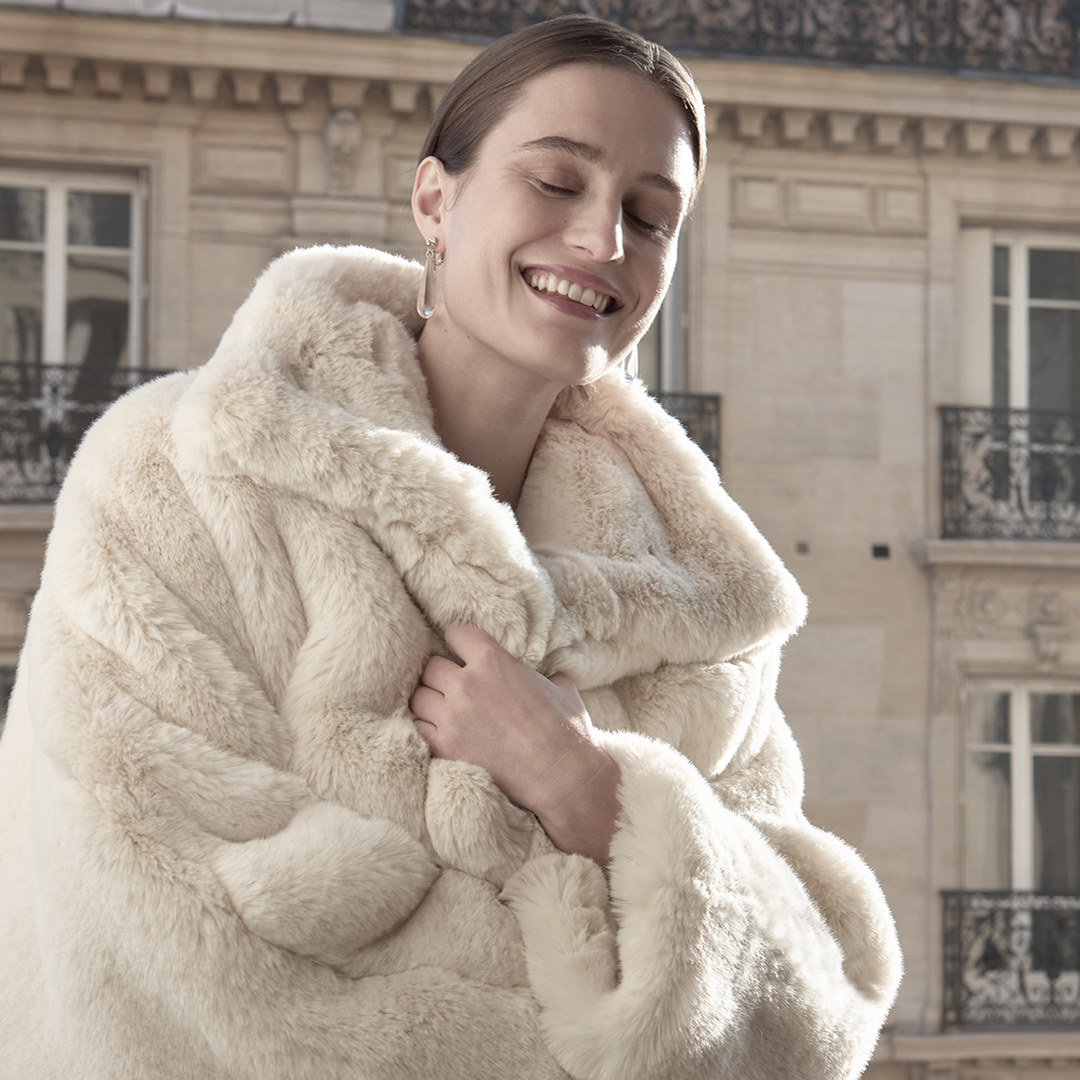
Also featured were Tali Kushnir’s breezy linen workwear-inspired pieces, gender-neutral separates by Tel Aviv’s Muslin Brothers, and Mews’ contemporary, all-black designs by Gal Shenfeld.
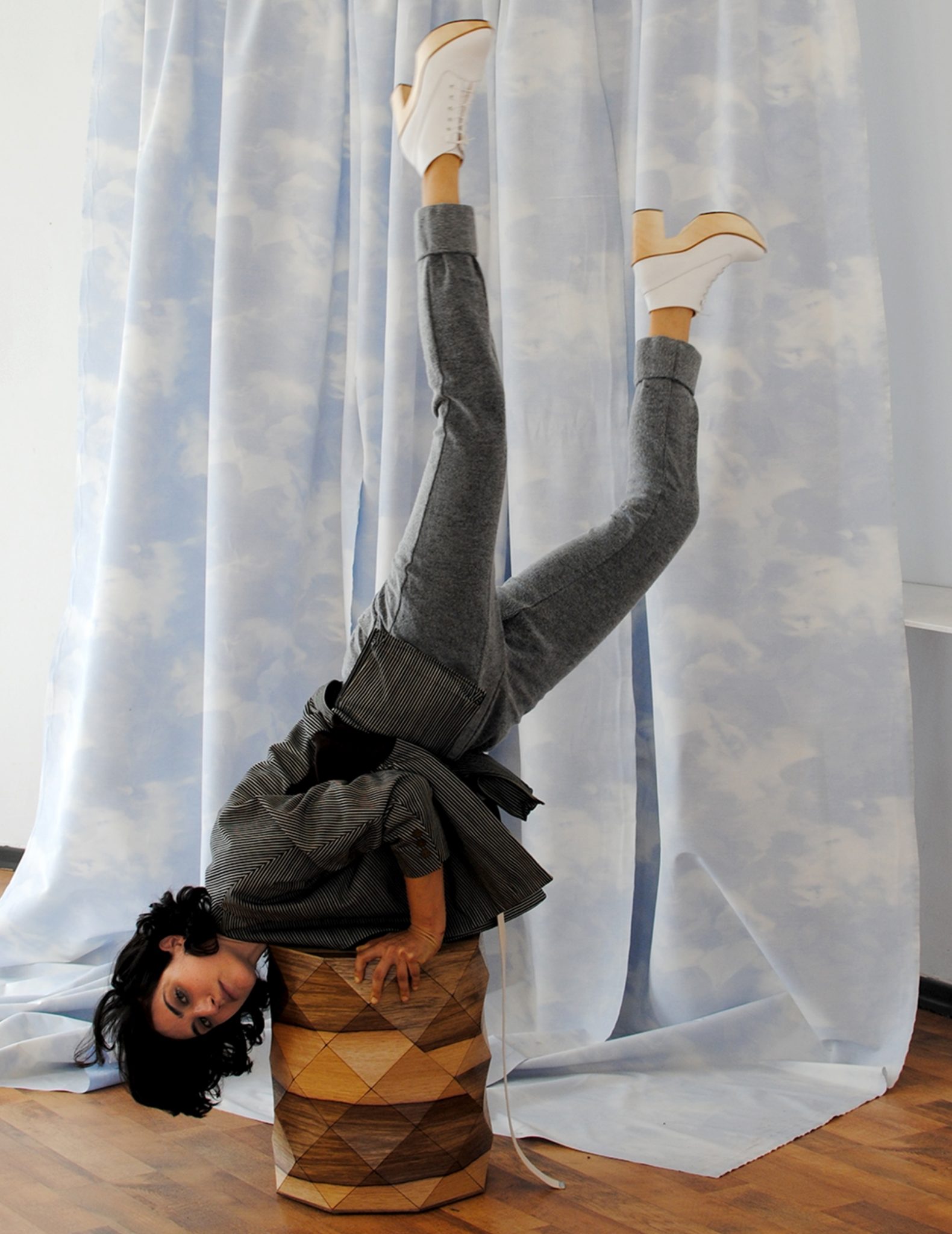
Inspired by her family travels to Israel and her Syrian Jewish upbringing, Chehebar aims to create a shopping experience where customers feel like they’re being welcomed into another culture.
“I come from a Middle Eastern background and to me, the Middle Eastern culture, regardless of what religion you identify with, is about hospitality and warmth, and centered around food, drink and conversation,” she said. In addition to the clothes, intimate seating areas and bowls of nuts and fruit play a role in morphing shoppers into the Mediterranean mindset.
“Tel Aviv reminds me of New York in a way,” said Chehebar. “There are so many different groups and types of people expressing themselves.” The result is a style of design and dressing that’s hard to define, but that Chehebar thinks will appeal to New York shoppers and encourage deeper discovery of Israeli designers.




